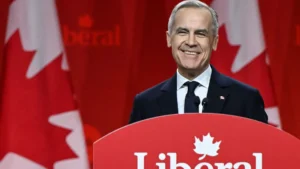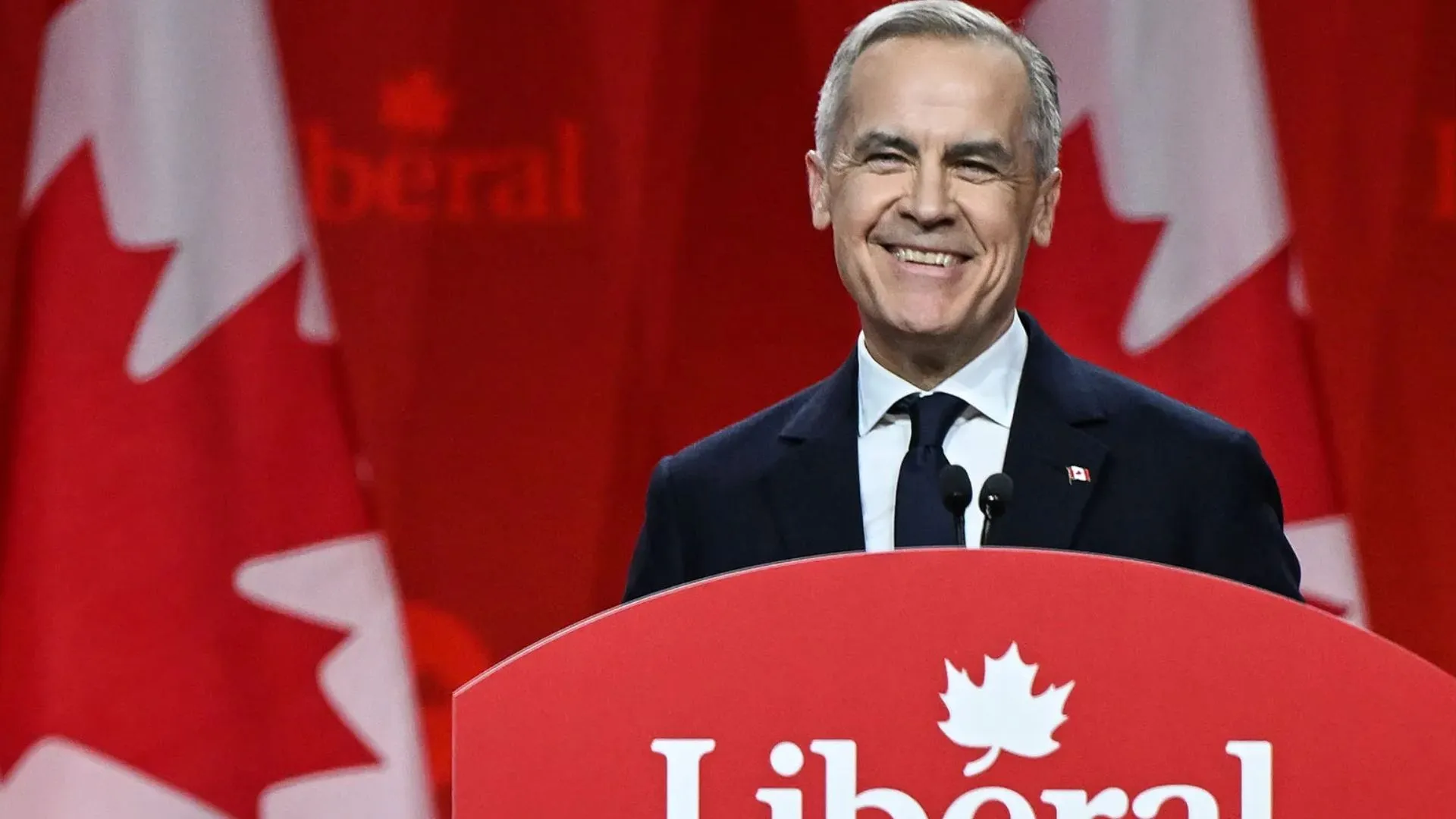As Donald Trump plans on possibly running for a second term, a fresh survey reveals an enormous resistance movement gathering within the federal workforce. According to the survey conducted by RMG Research and covered by The Daily Signal, nearly half of the Washington D.C-based Federal government managers indicated their plans to resist Donald Trump’s policies in the next administration.
An astonishing 42% of the Washington, D.C. federal managers said they intended to fight the potential second term for President Donald Trump. Democratic-leaning managers are particularly opposed, with nearly three quarters of them planning to take on Trump’s administration. The survey reveals a deepening divide in the federal workforce especially at the higher income and senior levels.
The poll also reveals a larger trend that may impact the ability of the next administration to operate effectively. Federal workers, especially those working in the National Capitol Region and those earning more than $75,000 a year, tend to oppose Trump’s agenda significantly. This makes one worry about bureaucratic opposition to the federal administration.
Majority Of Americans Support Trump’s Policies
However, the internal opposition in Washington aside, the poll also indicates strong support for Donald Trump from the general American public. According to the poll, 59% of Main Street Americans supported Trump’s second term while only 28% were ready to resist his administration.
Support for Trump was also massive among the Elite 1%, comprising high-income individuals, postgraduate degree holders, and urban dwellers. Forty-eight percent of this cohort expressed support, but only 39% said they would resist.
The poll also revealed that 12% of voters for Kamala Harris in the November election indicated a willingness to support Trump’s administration. This is significant because it shows a segment of the population willing to put aside partisan differences in favor of supporting policies under Trump’s leadership.
Divided Federal Workforce
The most important finding of the poll is the chasm within the federal workforce. Federal government managers, including top employees in D.C., are sharply divided. While 89% of Republican managers said they would carry out Trump’s policies, only 17% of Democratic managers said they would obey presidential orders that they considered to be bad policy.
In contrast, 64% of Democratic respondents said they would ignore such orders and follow their own judgment, a behavior often associated with the so-called “deep state.”
This growing divide raises important questions about the potential for internal opposition within the federal government. Some critics argue that this behavior undermines the legitimacy of presidential orders and constitutes an improper act of resistance.
Public Opinion On Bureaucratic Resistance
But the American public seems less than sympathetic to bureaucratic defiance. The poll found that 54% of Main Street Americans think federal employees who disobey presidential orders should be fired. A majority, 52%, of the Elite 1% agree, but a far larger proportion of Republicans do: 74% think federal employees who flout legal orders should be fired.
This means that although the federal government seems to have the highest opposition within its ranks toward Trump’s second term, the majority of the people do not believe that the federal employees should disregard the policies of the President due to personal opinions about the administration.
Political Priorities Of Federal Employees vs. General Public
The survey also indicates that the political priorities of the federal government managers are different from those of the general electorate. Issues such as immigration and the economy dominate the concerns of Main Street Americans and the general electorate.
However, in contrast, issues such as climate change, crime, firearms, and the economy were given a higher priority by the federal government managers. This shows the specific priorities of the bureaucratic elite of Washington as against the general American population.
The survey was conducted during mid-December. It contacted 500 managers of the federal government, 1,000 registered voters, and 1,000 members of the Elite 1%. The margin of error for the sample of federal government managers was ±4.4%, and that for the sample of Elite 1% was ±3.1%.
ALSO READ | Melania Trump Shares Plans For White House During Husband’s Second Term: Will Barron Join Her?






















